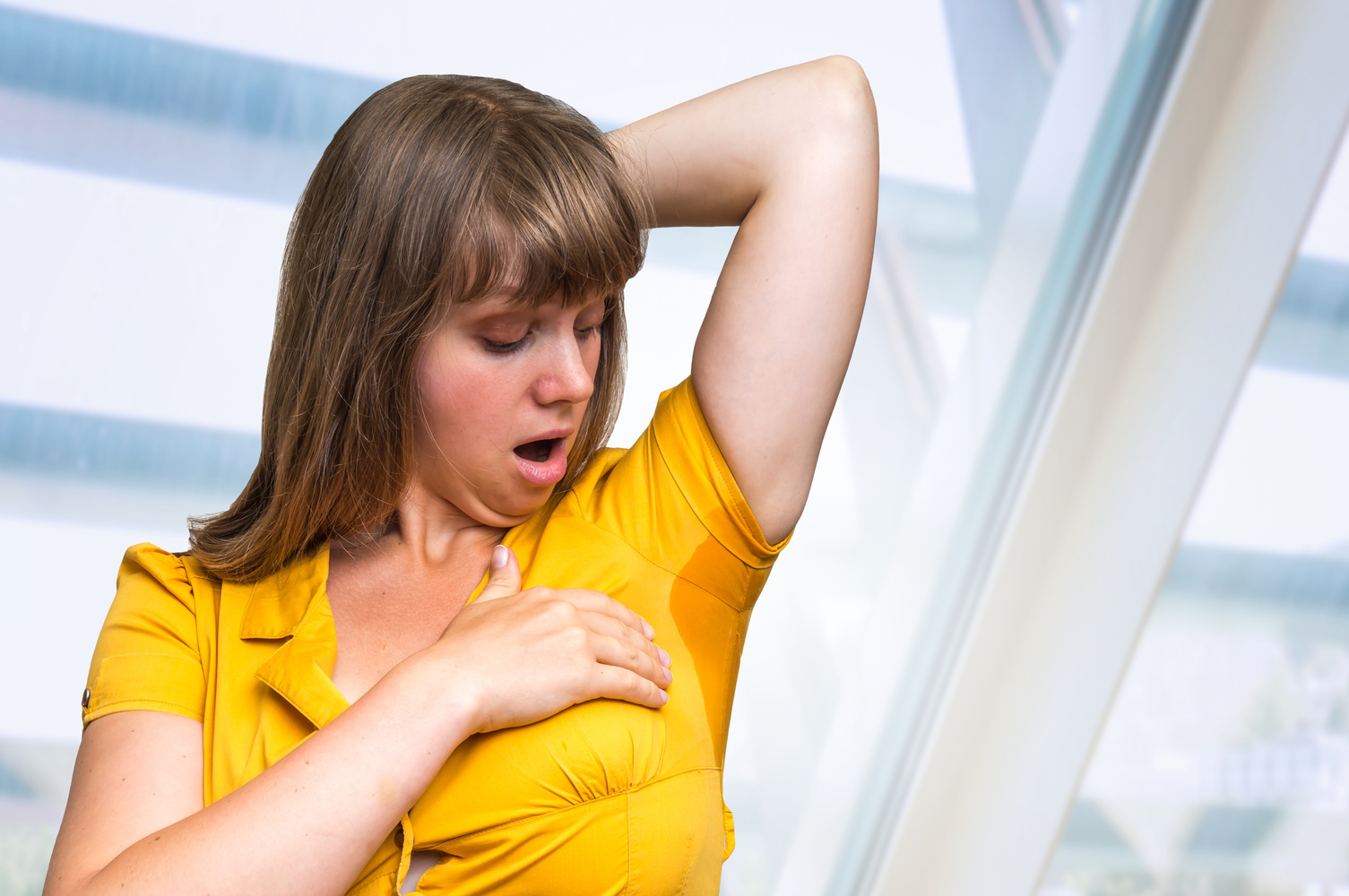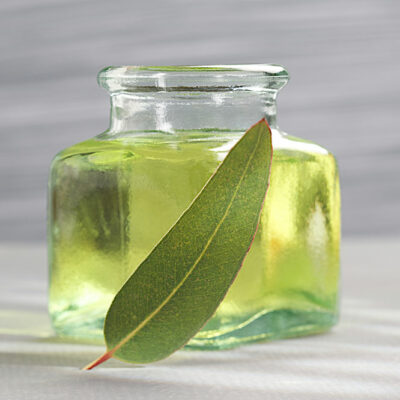
5 Causes of Excess Sweating
Sweating is one of the bodily functions that helps in the regulation of the body’s temperature. When you sweat, you release a salt-based fluid from your sweat glands. Sometimes, your sweat glands may overreact, causing you to sweat a lot at places and times where other people are not. The imprudent sweating of the body is known as hyperhidrosis.
Common symptoms of excessive sweating include visible sweating that soaks clothes and bedding without any apparent reason and frequent skin infection (particularly in places where sweating occurs). The following are the five causes of excess sweating:
1. Anxiety disorder
Many people tend to sweat a lot in stressful situations, like when delivering a public speech. Anxiety is a mental health condition accompanied by physical symptoms like sweating. Anxiety disorder makes the mind and body mistakenly detect danger and forces the body to act accordingly. When you become anxious, the breathing and heart rates rise, your pupils dilate to take in more light. Your muscles become tense, and your body temperature goes up. When all those responses combine, they cause excessive sweating.
2. Heart disease
Endocarditis is a heart disease characterized by swelling of the heart’s lining due to infections. Bacteria, viruses, or fungi commonly cause this disease. Sweating excessively, especially at night, is a common symptom of endocarditis. Bacteria, viruses or fungi, and heart inflammation prompt the rise in body temperature, making the body respond by sweating.
3. Vitamin D deficiency
Production of Vitamin D by the body occurs after exposure to sunlight and certain foods or supplements. Vitamin D helps the body in regulating insulin levels and in the management of diabetes. It also promotes healthy teeth and bones and supports lung function and the health of the cardiovascular. Vitamin D deficiency causes a sweaty scalp leading to hyperhidrosis.
4. Gout
People suffering from gout experience severe pain, redness, stiffness in joints, and the big toe. The condition results from too much uric acid in the blood, produced during the breakdown of purines found in the foods you eat. The affected joints or toe gets hot, swollen such that it cannot tolerate anything covering it. The extra uric acid produced forms crystals under your skin, causing the body to react by sweating.
5. Hyperthyroidism
The thyroid is a butterfly-shaped gland found in the front of your neck, which produces thyroid hormones that control most of the body’s activities, like how fast your body burns calories and how fast your heartbeats. Hyperthyroidism is the overproduction of thyroid hormones. The illness symptoms include weight loss, sweating, rapid or irregular heartbeats, irritability or restlessness, insomnia, irregular menstruation, and skin dryness. The condition increases the body’s metabolism and heat production leading to excessive sweating.
Too much sweating is very uncomfortable and embarrassing. Due to this reason, people tend to shy away from seeking medical attention. Others ignore their condition leading to severe infections. Once you experience excessive sweating for no obvious reason, it is advisable to seek the help of your health provider for him/her to review your health history and then evaluate your symptoms thoroughly. Although there is no cure for hyperhidrosis, a health provider can suggest treatments and medications to reduce the symptoms, leading to improved quality of life. In case the treatment fails to work, he/she can recommend surgery for persistent sweating.


